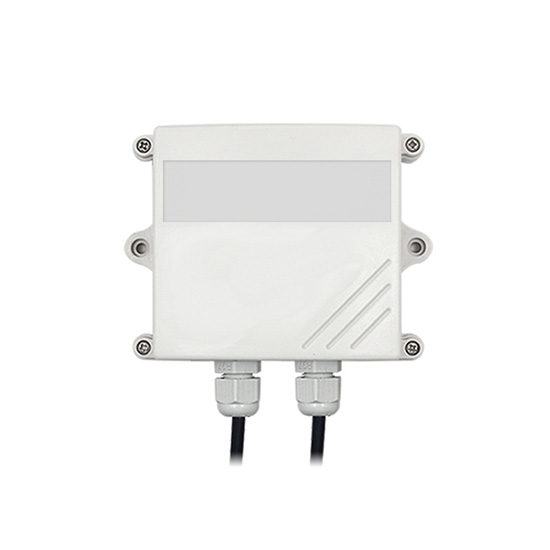
- Stock: In Stock
- Model: RDDLZ-WLS-RSSJ
- Weight: 1.00
- SKU: RDDLZ-WLS-RSSJ
Available Options
The water leakage sensor/transmitter is widely used in communication base stations, hotels, restaurants, server rooms, libraries, archives, warehouses, equipment cabinets, and other areas requiring water accumulation alarms. It features a unique AC detection technology that effectively prevents the sensitivity of the immersion electrodes from decreasing due to oxidation over prolonged use.
The RS485 sensor outputs in standard ModBus-RTU, with a maximum communication distance of 2000 meters, allowing for direct integration with on-site PLCs, industrial instruments, configuration screens, or configuration software. External leak electrodes can reach a maximum distance of 2600 meters, and it also supports leak ropes up to 2600 meters long. The device is housed in a high-protection waterproof shell, making it suitable for long-term use in humid and high-dust environments.
Specification
| Model | RDDLZ-RS-SJ-N01-2 | RDDLZ-RS-SJ-R01-2 |
| Power supply | DC10-30V | |
| Maximum power consumption | 0.4W | 1.2W |
| Testing objects | Tap water and purified water | |
| Working temperature | -20℃~+60℃ | |
| Working humidity | 0%RH~95%RH (non-condensing) | |
| Output signal | RS485 output (ModBus-RTU protocol) | Relay output (NO contact) |
| Relay with load capacity | -- | 250VAC 1A/30VDC 1A |
| Installation method | Wall-mounted | |
| Detection distance | 2000m | |
| Protection level | IP65 | |
Dimension
Wiring Instruction
| Output signal | RS485 output | Relay output |
| Power supply | Power supply positive (brown) (10~30V DC) | |
| Power supply negative (black) | ||
| Output | 485-A (yellow) | Relay NO contact (white, green) |
| 485-B (blue) | ||
Note: When wiring the 485 signal line, please note that the A/B lines cannot be connected in reverse, and the addresses of multiple devices on the bus cannot conflict.
Applications
Tips: Working principle of water leak sensor/transmitter
- Detection Electrodes: The sensor is equipped with multiple electrodes. When water comes into contact with these electrodes, it completes an electrical circuit.
- Current Variation: The conductivity of water causes a change in the current. The internal circuitry of the sensor monitors this variation to determine if a leak is present.
- Signal Processing: Once moisture is detected, the sensor sends the signal to a built-in processing unit for analysis and verification.
- Alarm and Output: If a water leak is confirmed, the sensor issues an alarm via RS485 or relay output, transmitting data to a monitoring system or PLC to ensure timely user intervention.
- Remote Monitoring: Utilizing the ModBus-RTU protocol, the sensor can communicate with other devices for remote monitoring, allowing users to manage and track conditions in real time.
